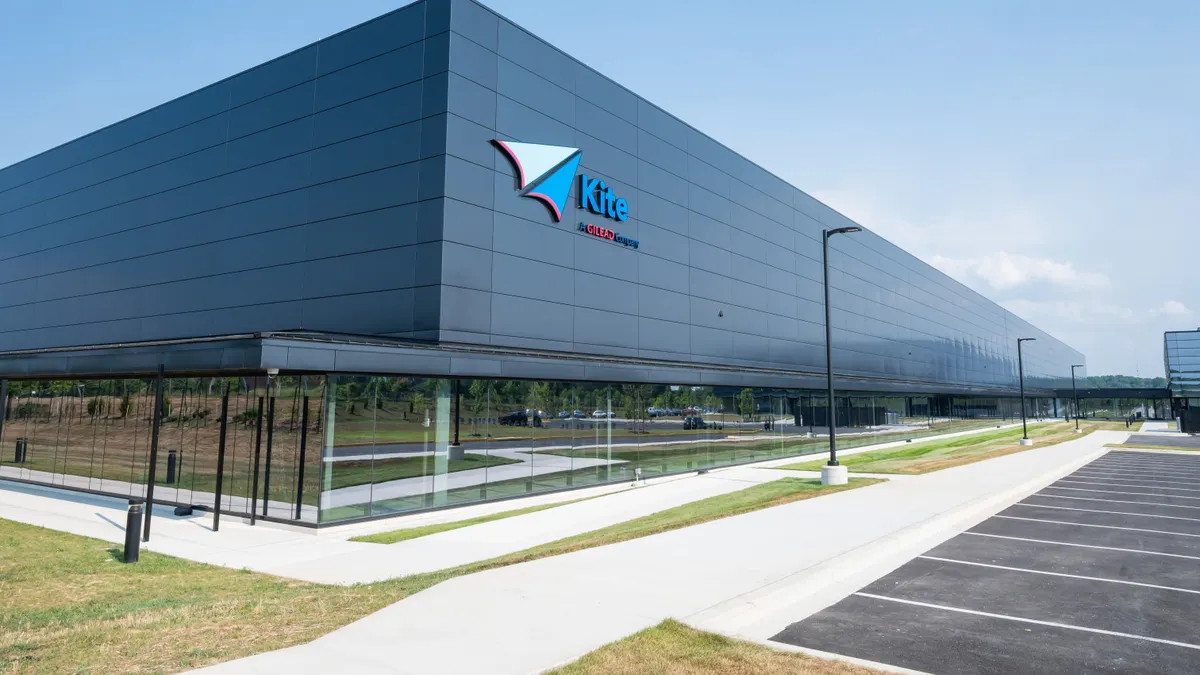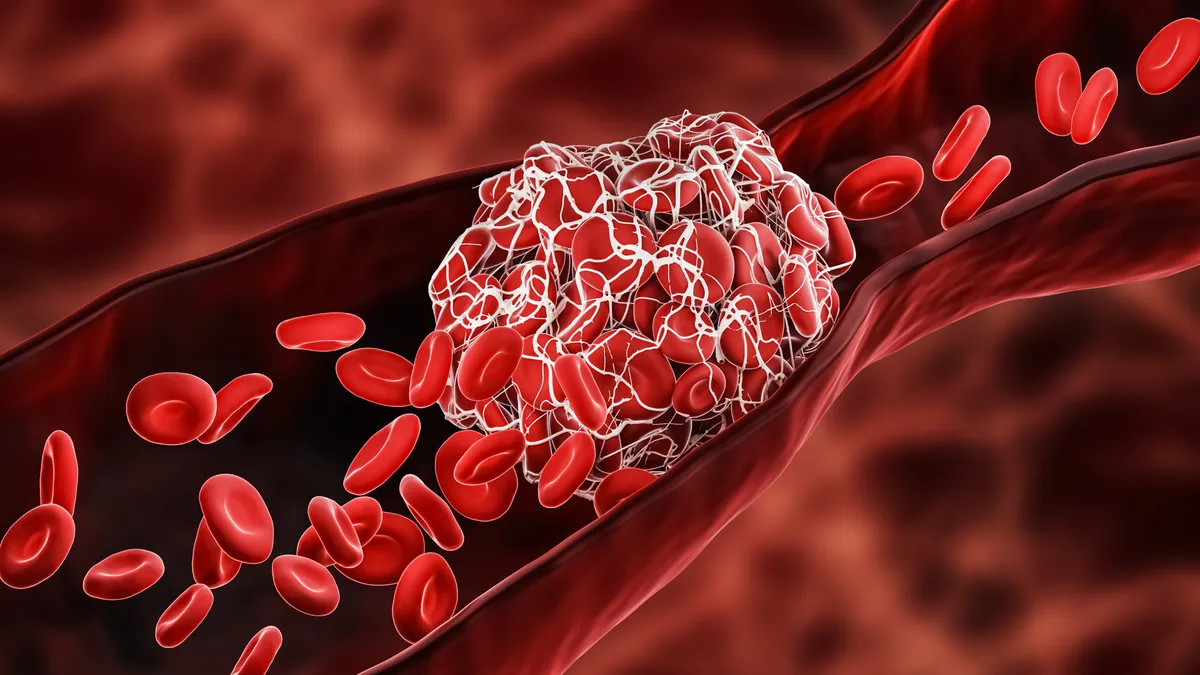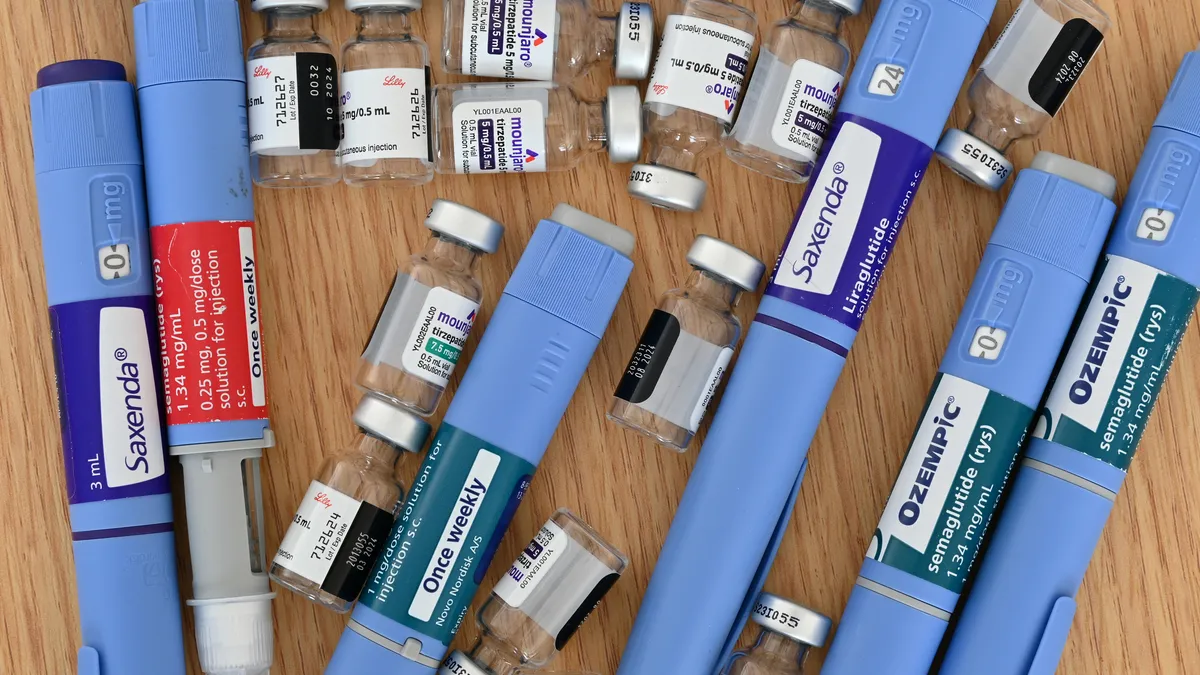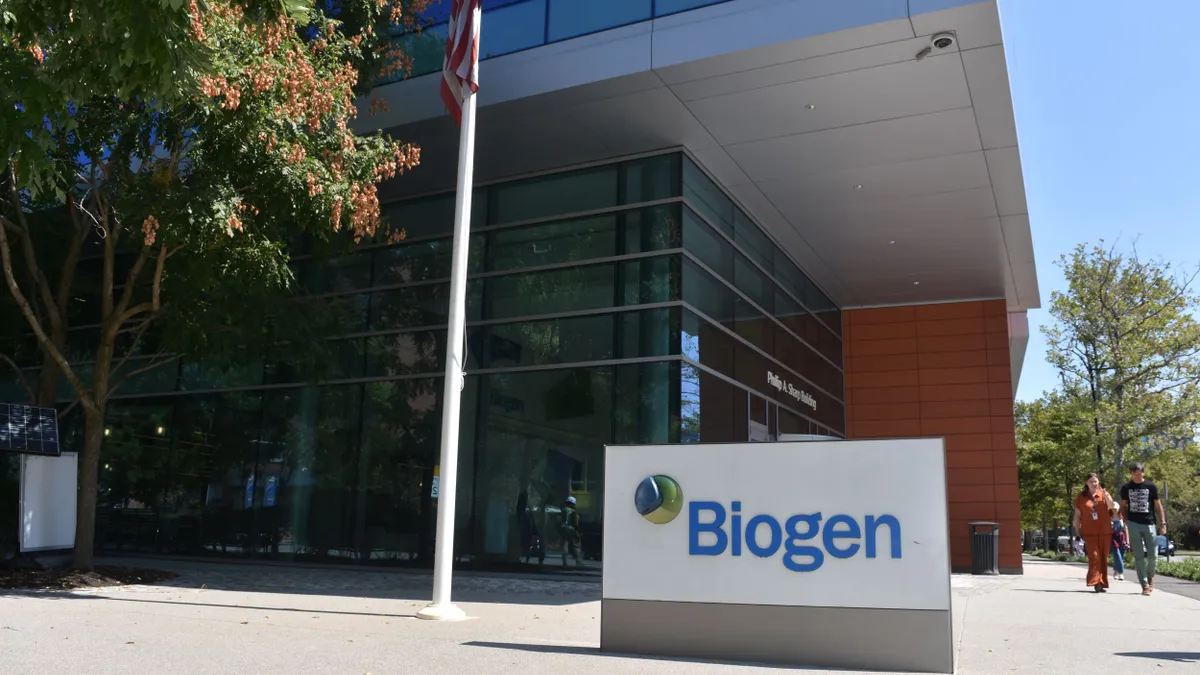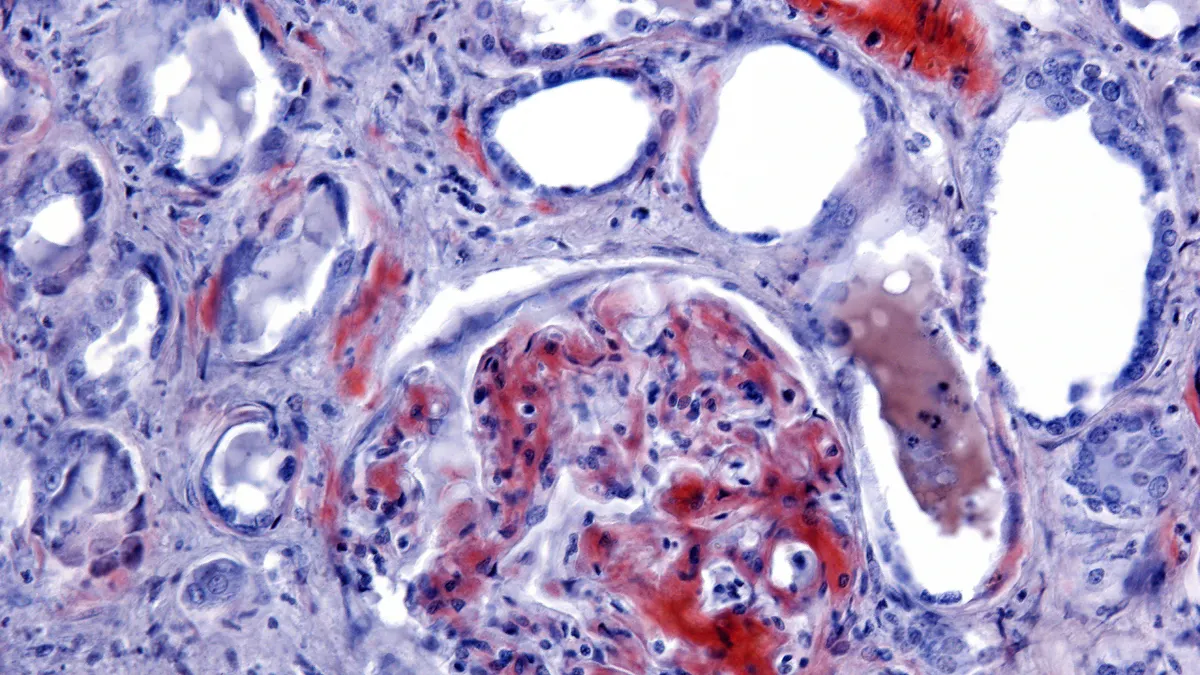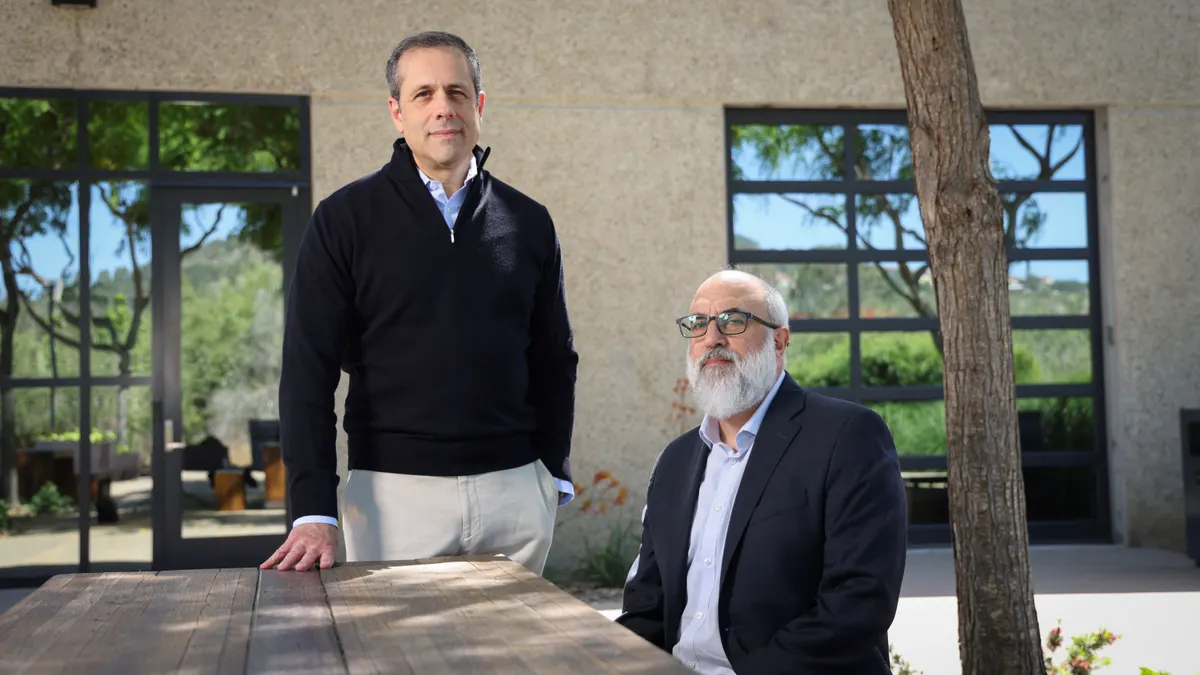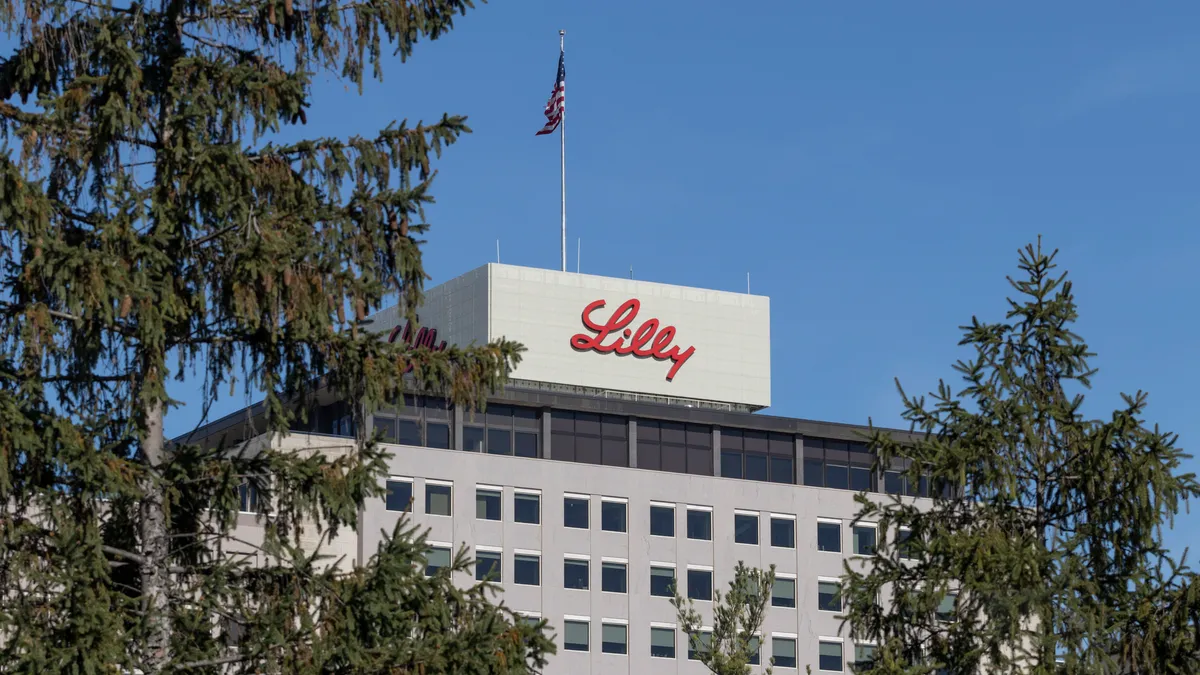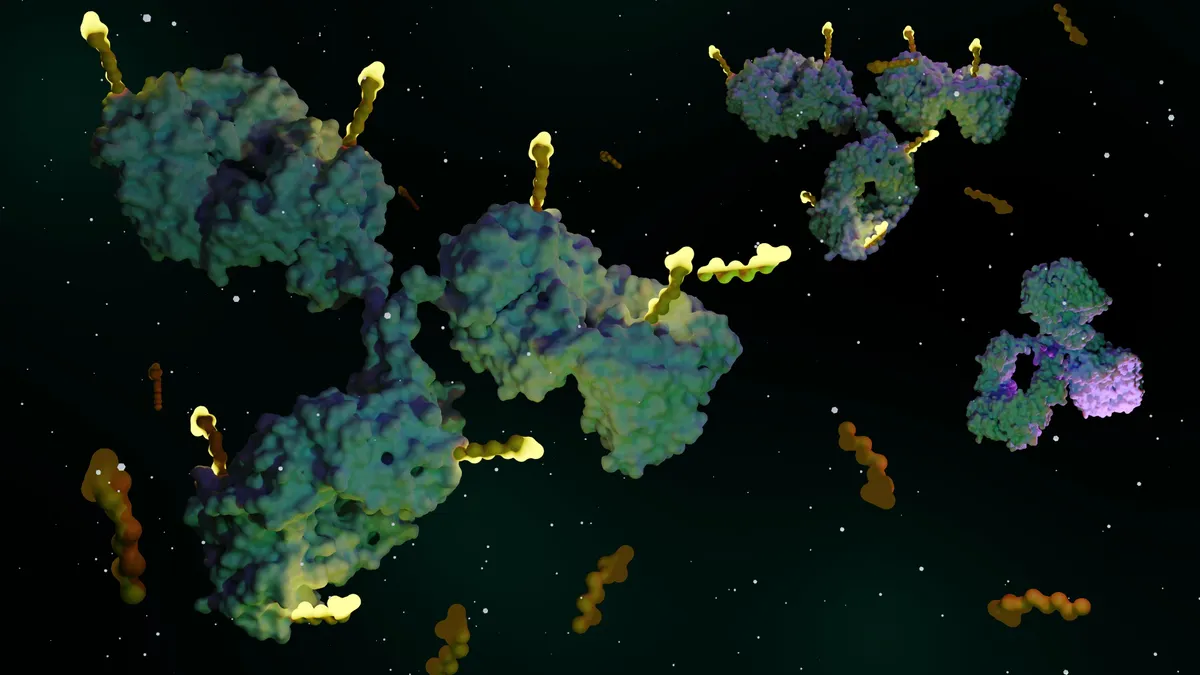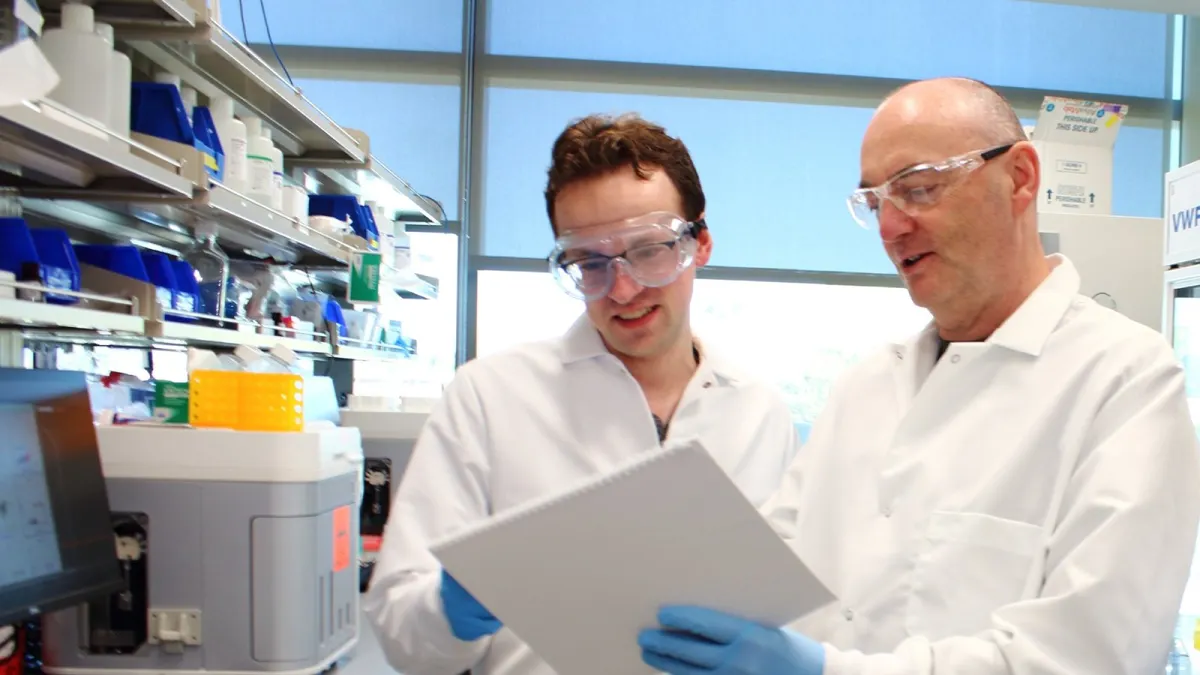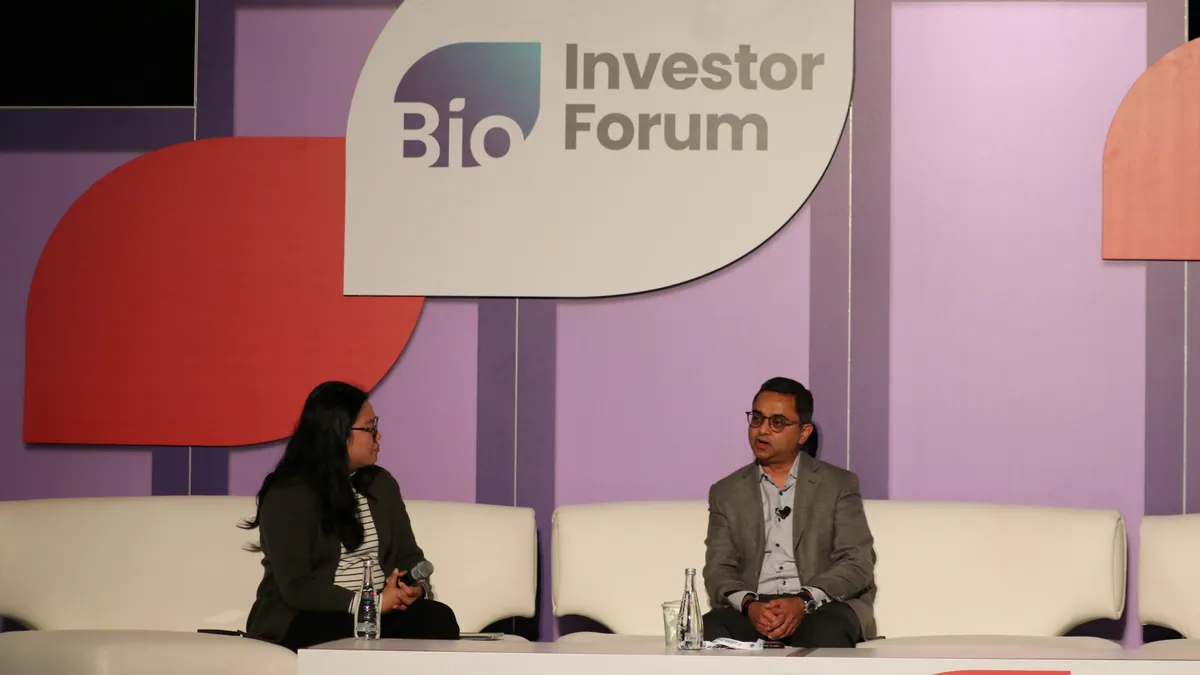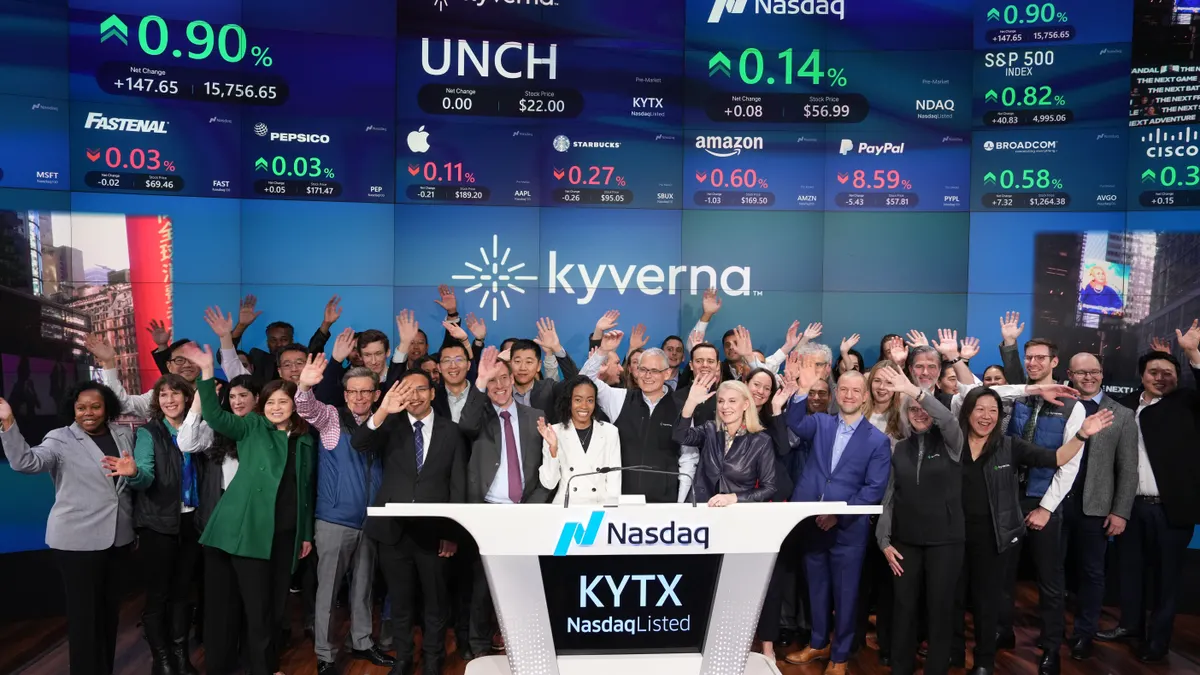Dive Brief:
- Enveda Biosciences said Thursday it raised $150 million in Series D financing, doubling the cash it’s pulled in from venture capitalists this year to further its drug discovery.
- Its latest round was led by Premji Invest, the family office of Indian billionaire Azim Premji, and included backing from a mix of tech and biotechnology investors such as Kinnevik, Dimension and Lux Capital.
- Enveda also announced it has started Phase 1b testing of its lead drug candidate in atopic dermatitis. Several other experimental drugs are expected to enter human trials in the coming year.
Dive Insight:
Founded in 2019, Enveda launched with the goal of building an artificial intelligence platform to discover new drugs. It says its technology can mine large datasets to find promising molecules that already exist in nature.
“Nature has been running the most sophisticated R&D program on Earth for billions of years, yet nearly all of its chemistry remains unexplored,” said Viswa Colluru, Enveda’s CEO, in a statement.
Its lead program, dubbed ENV-294, is a small molecule Enveda claims is “a completely new chemical class” that showed “kinase inhibitor-like and steroid-like” behavior in preclinical testing, and a “safety profile similar to biologics in toxicology studies.” Early study data released in May showed ENV-294 was well tolerated in trial participants, with no serious adverse events reported.
Enveda is aiming at "very large markets, large indications that affect broader society,” and plans to tackle diseases that are driven by more than one mechanism, said Daniel Wee, Enveda's chief execution officer.
Last year, the company raised $130 million in Series C funding led by Kinnevik and FPV. Sanofi joined Enveda's investor group in February, helping to boost its total haul to $150 million. By banking capital, the company aims to get several of its programs into the clinic. "In startups, at the growth stage, you never let up off the gas,” Wee said.
Enveda plans to file investigational new drug applications for other programs over the next year. In its pipeline are an NLRP3/TL1A+ pathway inhibitor for inflammatory bowel disease, another TL1A+ inhibitor for various inflammatory and fibrotic conditions and a “hormone mimetic” for obesity. Twelve other programs are disclosed.
“The theory of leveraging what life has already created and building on top of that will give us a better success rate,” Wee said.
Supporters of AI-designed drugs have touted the technology as a way to reduce the amount of time and money spent on finding new molecules. But few have entered clinical testing, and even fewer have yielded data. Those that have showed mixed results.
Former Pfizer Chief Scientific Officer Mikael Dolsten will also join Enveda’s board of directors.








